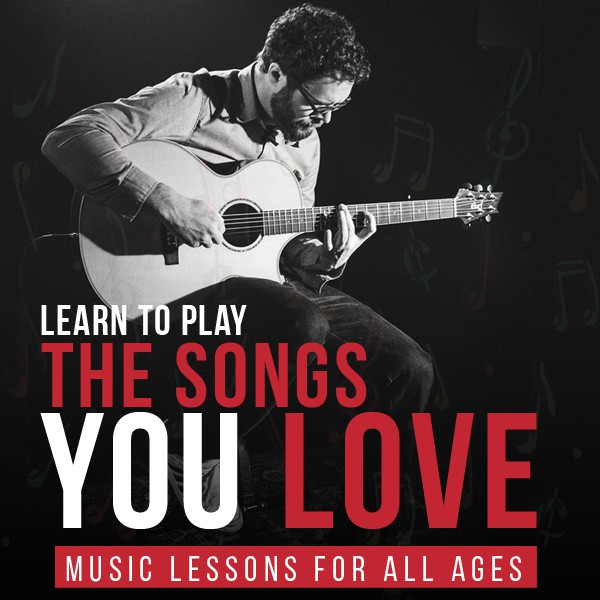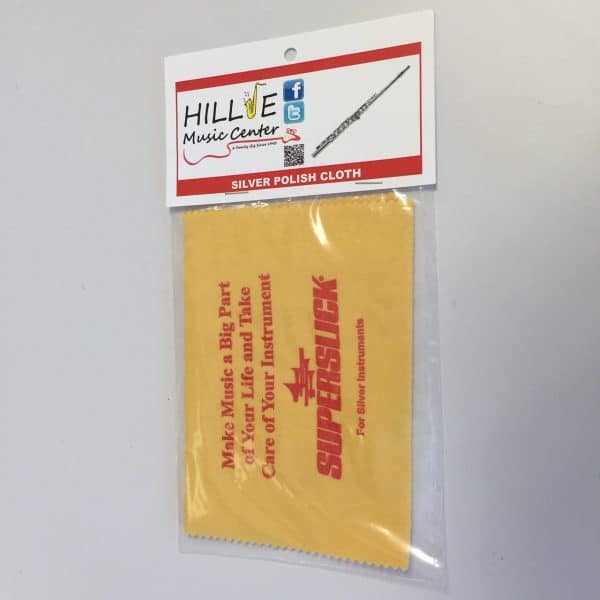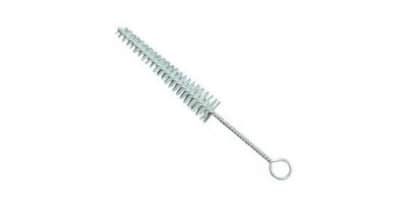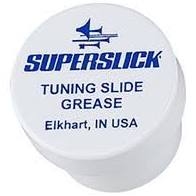It’s the thing on the mind of every band/orchestra parent:
Is it safe for my child to return to their music classes?
Even though Texas just announced the return of our students to schools, there are so many unknowns about the upcoming 2020-2021 school year, but one thing remains the same: the importance of music and arts in our schools.
Educators, administrators and community leaders are working hard to find solutions to return to school safely and without much disruption in learning. To hopefully provide some peace of mind, and answer your questions, we are covering the latest information and research regarding returning to music classes!
What is the benefit of music in schools?
Let’s step back and remember why you’ve enrolled or are thinking of enrolling your student in band. It isn’t only because you were forced to play saxophone when you were his/her age!
Research has proven time and time again that music enhances other skills and supports the learning of other subjects. It’s an extremely stimulating pastime or activity. Here are some ways that music benefits children enrolled in music programs:
Increased IQ
A study by the University of Toronto at Mississuaga published in a 2004 issue of Psychological Science, found a small increase in the IQ’s of six-year-olds who were given weekly voice and piano lessons.
Improved Test Scores
In a study published in 2007 by Christopher Johnson(professor of music education and music therapy at the university of Kansas) showed that students in elementary schools with music education programs scored on average 22% higher in English, and 20% higher in math on standardized tests compared to schools with low-quality or no music program.
Improvements Outside of School
Much more important than improving intelligence, music makes kids happy!
Music gives you a better understanding for yourself, art, and the world around you. It enriches and nourishes the mind in many more ways than intelligence, which is valuable on its own merit.
Is it safe for my child to return to playing music in school?
For Band Rehearsals
One of the main concerns from many people, parents of musicians and musicians alike, is the transmission of COVID-19 in a band room because well, we are all blowing into the instruments!
A number of performing arts organizations have joined together to study the effects of COVID-19 to rehearsal halls; specifically the aerosol rates produced by wind instruments and vocalists.
In a study conducted by the Vienna Philharmonic Orchestra, they found that air exhaled by the musicians traveled no more than 80 centimeters distance. They also observed that the maximum distance of breath droplets emitted by flute players showed no change in how far breath traveled between playing or at rest. The study concluded that there was no increased risk for musicians playing together, as long as they observed at least a meter’s(~3.5 feet)from each other.
The United States Army’s West Point Band also conducted a study with similar findings: wind instrument playing seems to present about the same risk as regular talking or breathing.
Wind instruments are designed to slow down the air enough to produce a tone. Because of that, the exhaled air is contained within the instrument, which prevents the moisture and aerosols that could spread a virus from spreading further than typical talking and breathing.
Since the instruments hold moisture, it is highly recommended that the non-porous surface of instruments are cleaned thoroughly and often.
For Orchestra Rehearsals
The same study done by the Vienna Philharmonic shows that there is no increased risk of contracting the virus for those in orchestra rehearsals.
Since performing on these instruments does not involve blowing into it, students may wear a mask while playing to further decrease possible contagion/contamination.
Because most orchestra instruments are sealed with a lacquer or varnish, they can be cleaned similar to other surfaces. Please ensure the cleaning solution you decide to use for your string instrument is safe for the finish! If you have doubts or questions, feel free to contact any of our store locations for advice.
For all students enrolled in music programs it is advised to not share classroom supplies, implement a cleaning regimen, and following the CDC’s guidelines for social distancing.
What else can my child do to keep themselves and their classmates safe?
Here are some suggestions to help keep the spread of COVID-19 to a minimum once school starts:
-
- Before taking out their instrument, students should thoroughly wash their hands with soap and water. If that is not an option, students should disinfect their hands with an alcohol based sanitizer. (70%+ is most effective)
- Students should try not to touch other students’ instruments, mouthpiece or belongings.
- Avoid sharing classroom materials such as cork grease, reeds, valve oils, and especially pencils. (We know how hard it is to remember your pencil!)
Percussionists should bring their own mallets. If not feasible, all percussion equipment should be sanitized prior to another student using the same piece of equipment. - Consider picking up a sanitizing mist and encouraging your student to spray their mouthpiece at the end of every rehearsal/performance before putting their instrument away. (Buy it here!)
- Students should clean their instrument and mouthpiece following guidelines suggested by NAfME.
Sources
https://www.pbs.org/parents/thrive/the-benefits-of-music-education
https://www.nfhs.org/articles/unprecedented-international-coalition-led-by-performing-arts-organizations-to-commission-covid-19-study/
https://www.barrons.com/news/vienna-philharmonic-says-no-increased-virus-risk-for-orchestras-01589820904
https://www.westpointband.com/westpointmusicresearchcenter/army-band-covid-19-risk-mitigation-for-large-groups.html

















